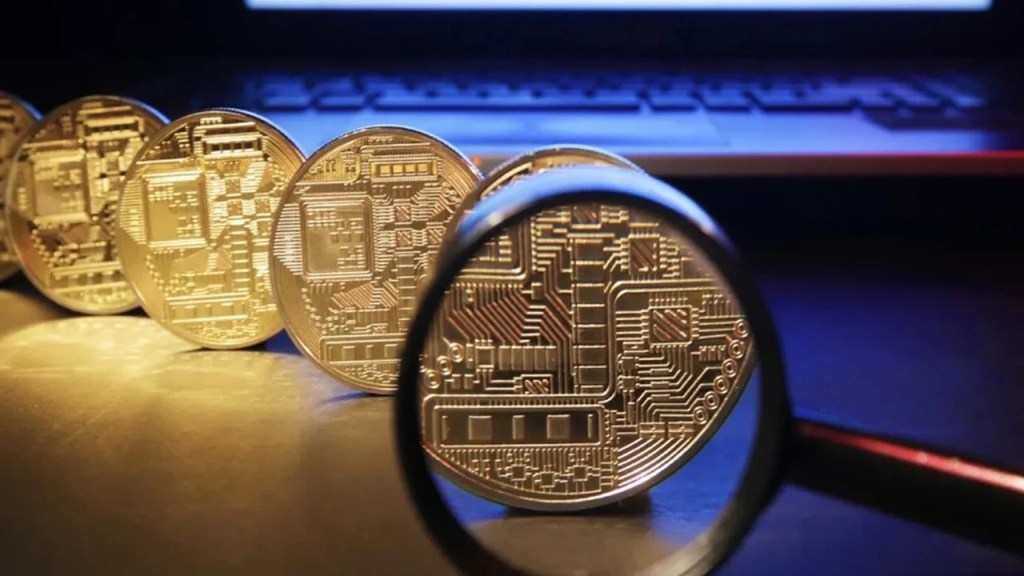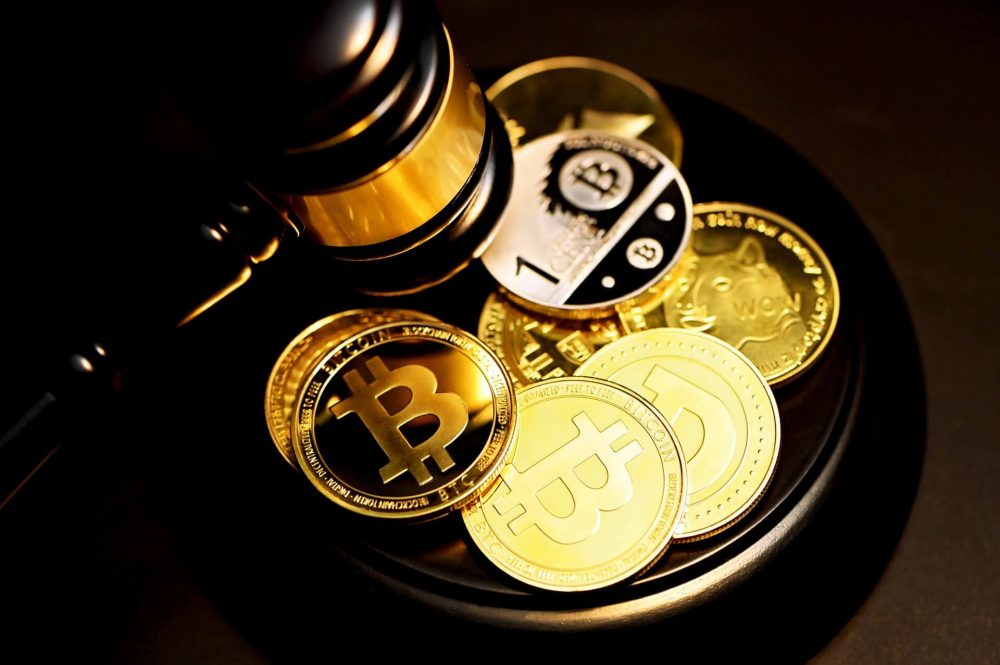The Chairman of South Korea’s Financial Services Commission announced that they will allow the issuance of security tokens by focusing on technological developments in the country. This statement by the financial authority of South Korea, which is known for its hard stance in the field of Bitcoin and altcoins, has proven that the steps taken towards cryptocurrencies have begun to soften. Here are the details…
New statement from South Korea, known for its tough stance on Bitcoin and altcoins
The country’s financial regulator has said it will lift a rule that forces foreign investors to register with authorities to trade South Korean stocks amid a push by South Korea to attract overseas investment. He also mentioned that they will make security tokens legal. “Instead, foreigners will be allowed to freely invest in our capital markets with internationally used passports or legal entity identifier [LEI] IDs,” Kim Joo-hyun, chairman of the Financial Services Commission (FSC), said on Thursday. said.

More details about security tokens will be published
Kim said South Korea will also take steps to establish a secure trading system for crypto/digital assets, including legalizing security token offerings. The FSC plans to release measures to improve foreign access to local capital markets on January 25, and more details on security tokens early next month. As it is known, security tokens are tokens that represent a share in external assets. These can be issued by companies or governments. Stocks do the same job as assets like bonds. Currently, projects such as Ravencoin, Liquid, and Polymath are some of the projects that enable the issuance of security tokens.
The regulator signaled its intention to repeal the registration rule introduced in 1992 last year amid concerns that the South Korean stock market’s status as the only major market with such restrictions discourages foreign investment. Investment research firm MSCI has excluded South Korea from the World Developed Markets Index since 2014, citing problems such as a lack of English language knowledge and complex identification regulations for foreign investors. Covering the performance of large and mid-cap stocks in 23 developed markets, the index is widely used by investors to decide which countries to allocate assets to.

New tools for cryptocurrency risks
Meanwhile, cryptocoin.com As we reported, Lee Bok-hyun, Head of the South Korean Financial Supervisory Service (FSS), made statements at a conference on the interconnectedness between the crypto market and the traditional financial market on Monday. He reported that the FSS plans to develop crypto monitoring tools and regularly review the risks associated with crypto assets.
Regarding crypto monitoring tools, Lee explained that although the interconnection between the crypto market and the traditional financial market is expected to increase, the supervisory authority currently does not have data to identify potential risks from crypto. “Securing data is more important than anything else in order to anticipate risks in the crypto-asset market,” the FSS chief said. Additionally, Lee said that the regulator plans to establish new crypto-related disclosure obligations.







